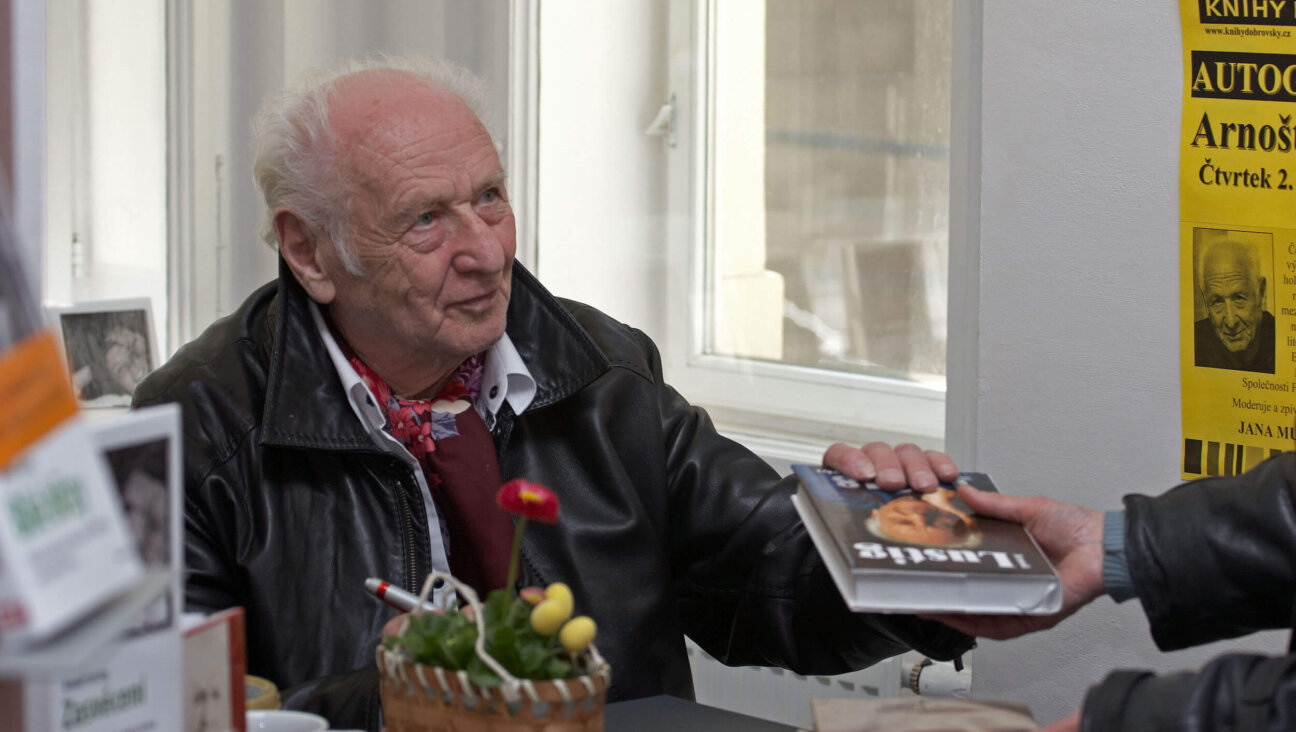Mission Accomplished? Don’t Tell Israelis Near Gaza

Image by getty images
(Reuters) — Many Israelis living on the Gaza border were unconvinced by their military’s announcement that its mission was accomplished in a nearly month-long campaign aimed at ending rocket strikes and tunnel infiltration.
Israel’s government, they said, had taken too long to deal with the network of underground passages Palestinian militants had been digging for years, and it may have acted prematurely in pulling the army out of Gaza on Tuesday, just before the start of a 72-hour truce.
“They knew about it for so long and did nothing. Who can promise me that all the tunnels have been destroyed? I am angry that they are not pressing on with the offensive,” said Leah Musafi, 30, who lives in Nir Am, a kibbutz next to the Gaza border.
Two weeks ago, residents of the kibbutz, or collective farm, were locked down for hours after militants from Hamas, the Islamist group that dominates Gaza, crossed through a tunnel about 1.5 kilometers (one mile) away. Ten Gaza gunmen and four Israeli soldiers were killed in the ensuing gun battle.
After the Israeli offensive began on July 8, lockdown quickly became a regular event, with several infiltrations during the fighting. Musafi and her children, along with many other families, left Nir Am while the battles raged.
“There are soldiers here now, but for how long? A week? Two? Then they’ll forget us. There will be an infiltration, people will be killed. If we are told one more time to lock ourselves up at home, I am taking my kids and leaving,” she said.
Another Nir Am resident, who asked not to be identified, stood guard, weapon in hand, with two soldiers guarding its gate.
“The army knew about the tunnels but they tried to keep it from the residents,” he said. “There are probably more tunnels here. Maybe not thirty, maybe only three, but it just takes one. There is a lot of anger here over it. A lot of people wanted the army to go in deeper and root the problem out.”
Israel says it destroyed 32 attack tunnels but believes many more, which serve as bunkers and weapon caches, criss-cross the densely populated Palestinian enclave.
As the ceasefire took hold, Major-General Sami Turgeman, chief of Israel’s southern command, offered words of assurance to the border communities.
“I can say to the residents of the south that they can return home, and feel secure. We accomplished our mission: we destroyed all of the tunnels we knew about and those we uncovered.”
“GOOD NEIGHBORS”
Ten minutes drive from Nir Am, past abandoned fields of dry, wilted sunflowers covered with sand raised up by hundreds of military vehicles, is Nahal Oz, another border kibbutz. The massive damage to the cramped grey housing blocks of Gaza caused by Israeli shelling can be seen across the fence from the leafy, flowering grounds of the kibbutz.
Last week, Hamas gunmen crossed through a tunnel and shot dead five Israeli soldiers at a watchtower near Nahal Oz. Empty shellcases fired into Gaza lay in an adjacent field, where forces now gone had been stationed.
“Who knows what will happen now when the army leaves? That’s the big question hanging over the heads of the families who left and must now return. They are waiting to see if it stays quiet,” said Ester Taranto, who has lived in the kibbutz for 36 years.
Taranto said some residents in the farming communities had known about the tunnels for years. “The army didn’t take it in. Now the penny has dropped,” she said.
An Israeli official, who spoke on condition of anonymity, said Prime Minister Benjamin Netanyahu on Monday promised local officials on the Gaza periphery that a border fence will be improved with movement sensors and cameras.
Netanyahu also said military units would be stationed at the communities for quick response to future infiltrations. The official said Israel was working on development of tunnel sensor technologies but their deployment would take time.
Taranto said that before the first Palestinian intifada, or uprising, in 1987, her family would travel to Gaza regularly to spend Saturdays at the local markets and restaurants.
“We were good neighbors back then. I wish we could go back to those peaceful days, but look where we are.”













